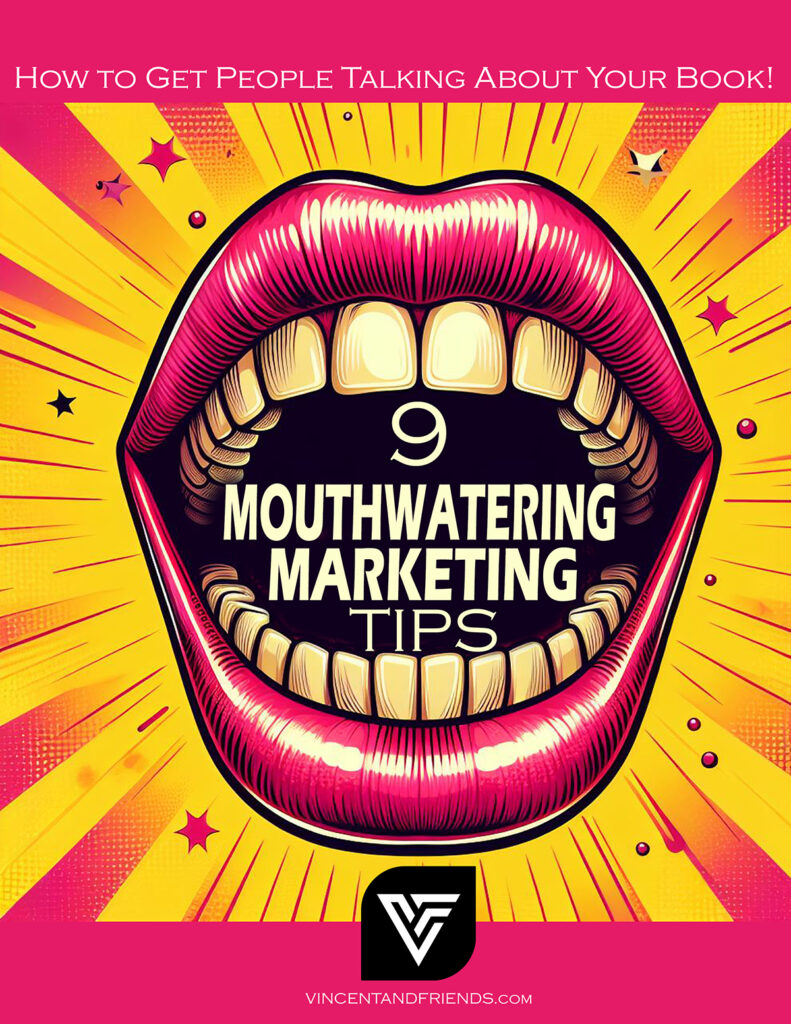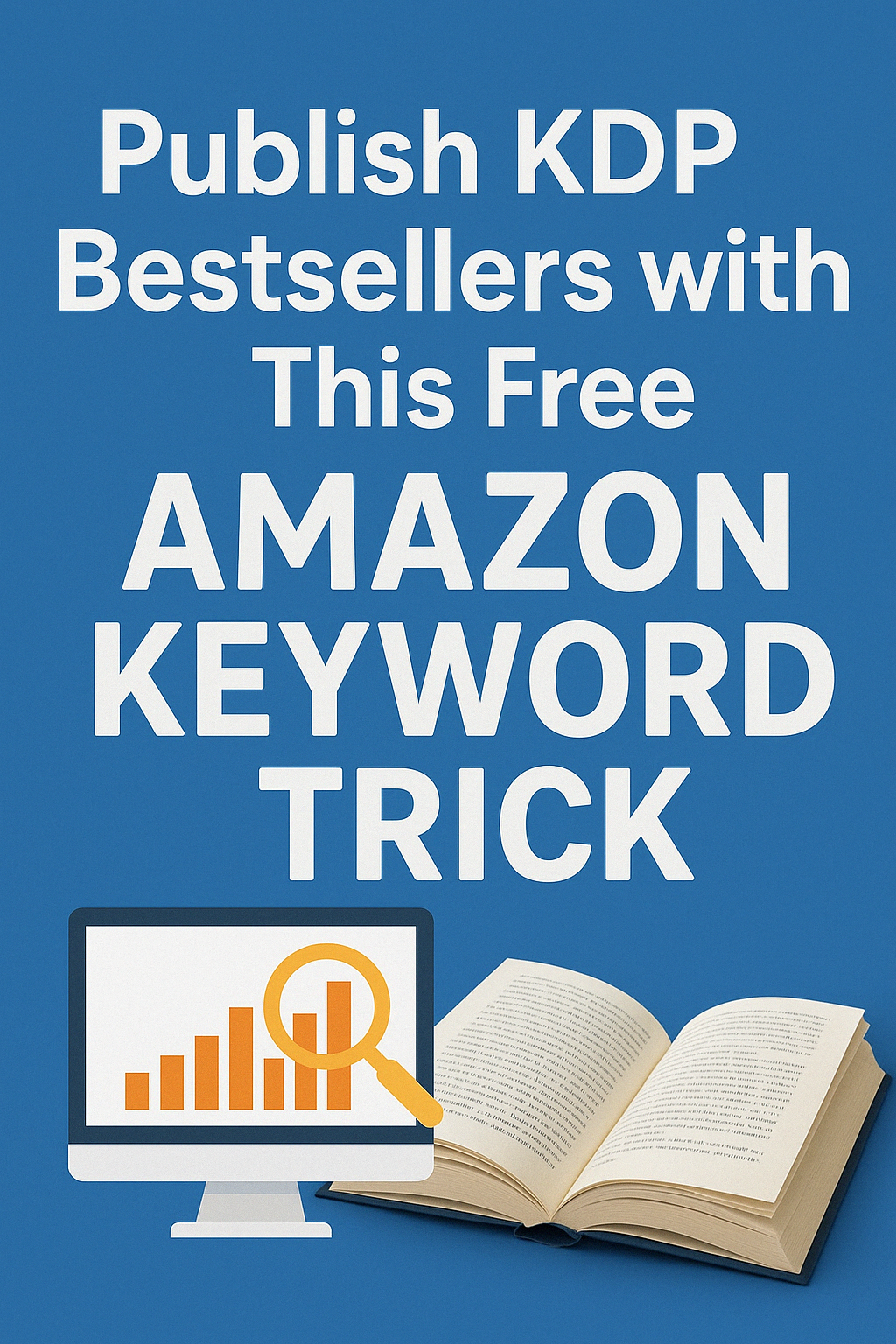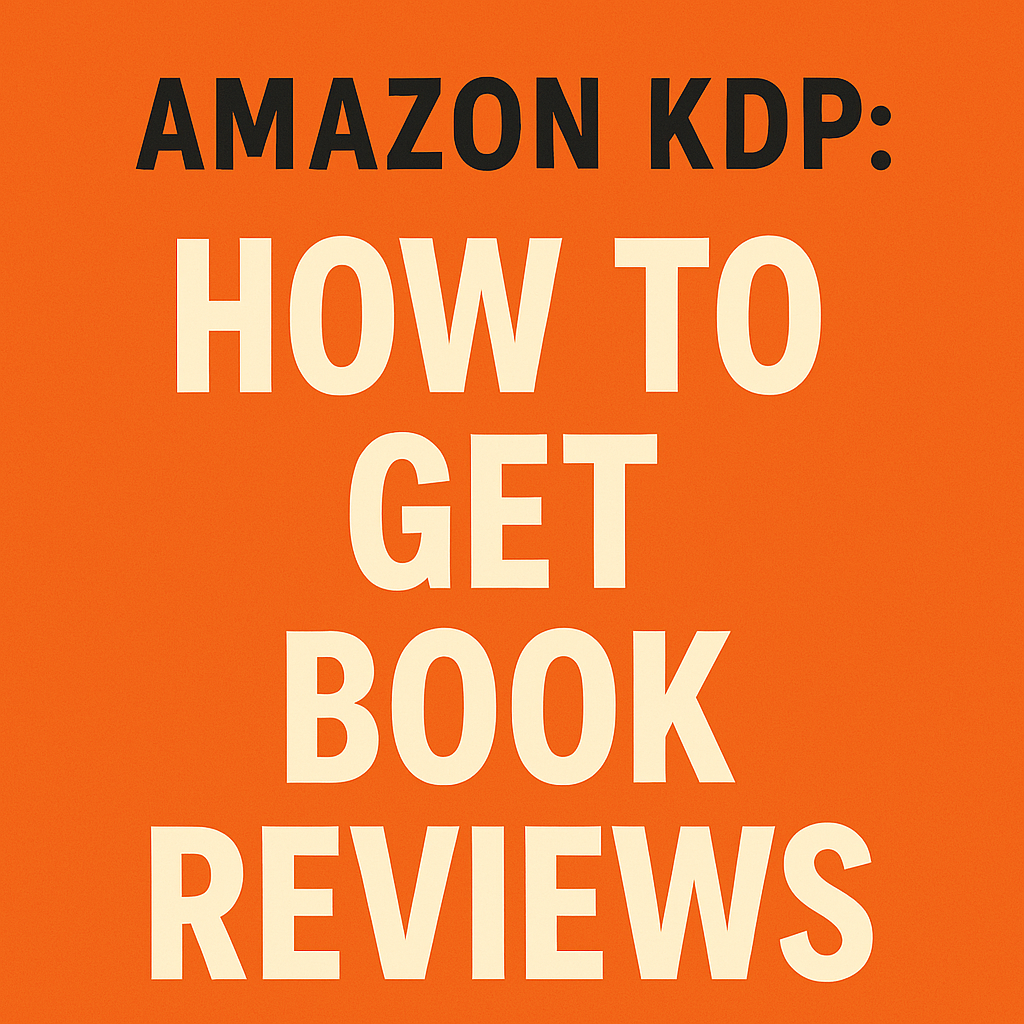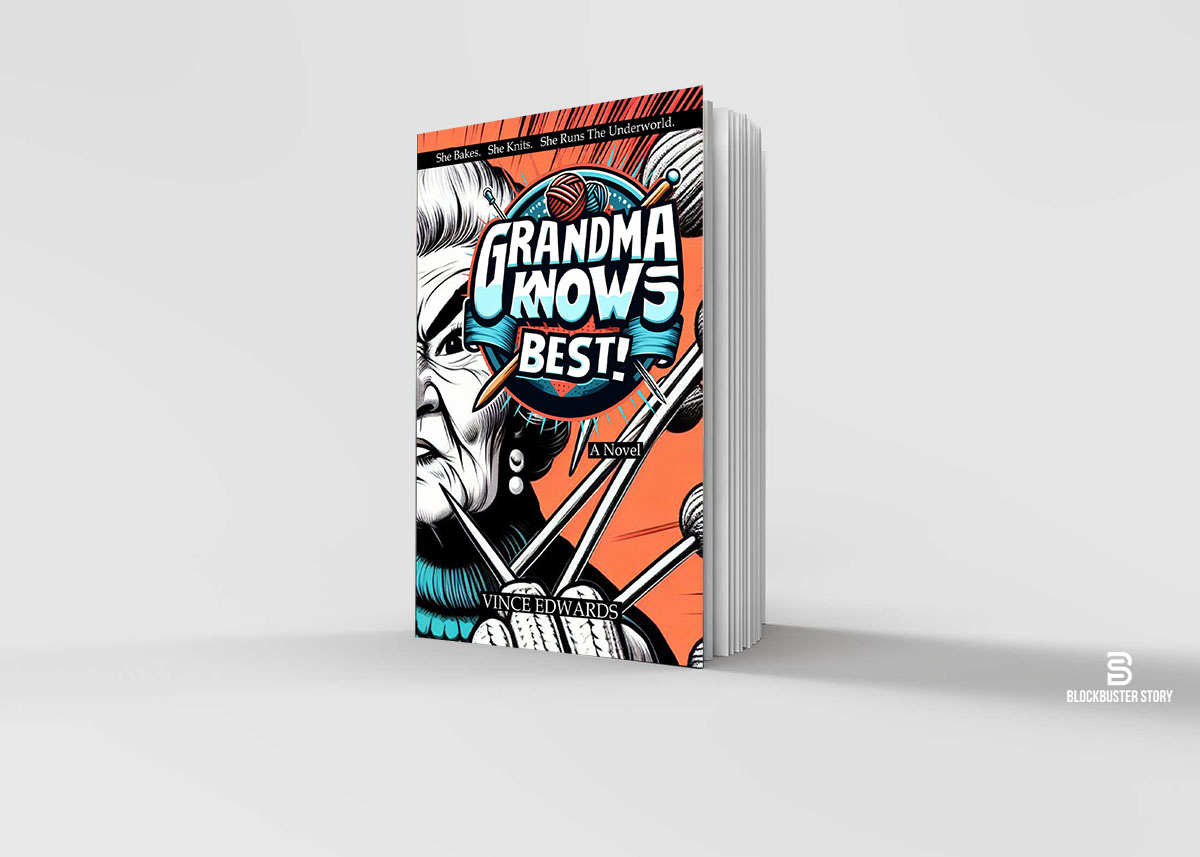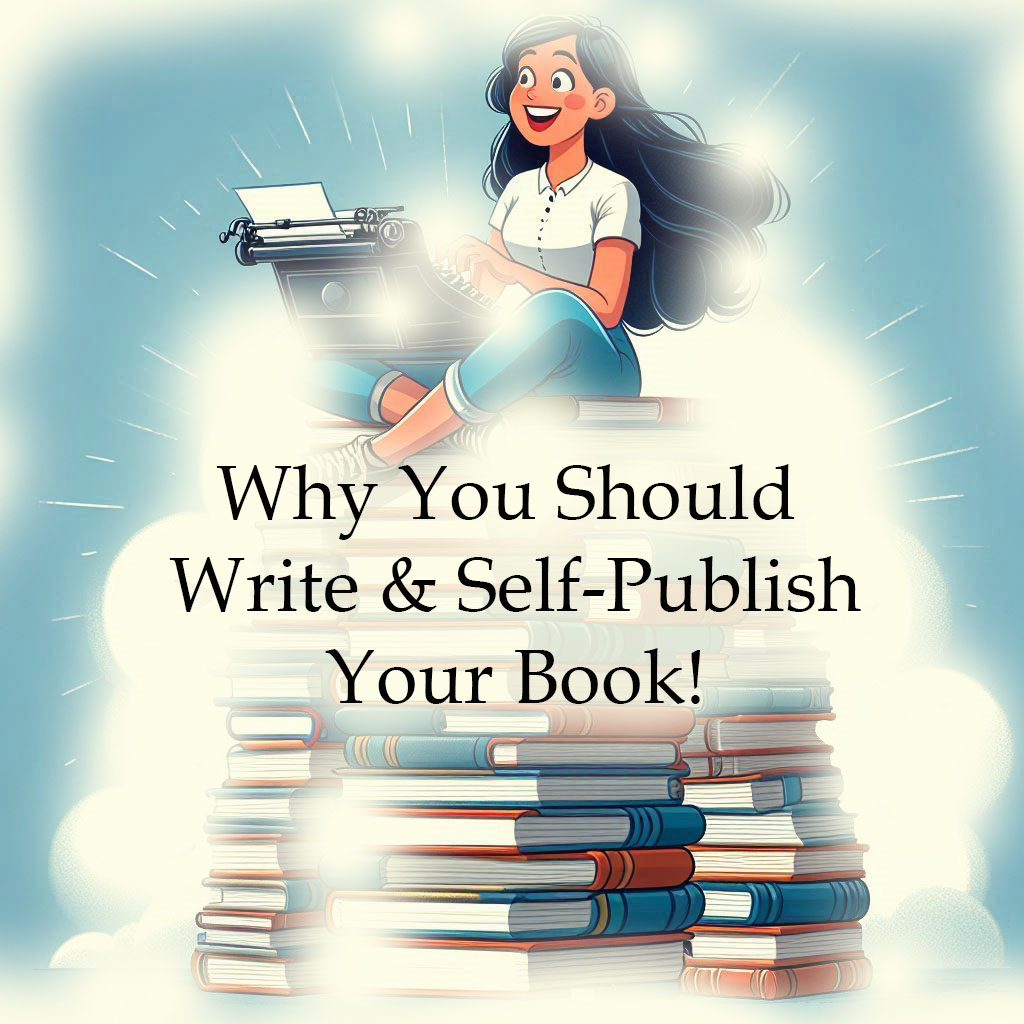In the ever-evolving landscape of publishing, authors and publishers alike often find themselves deliberating over the age-old question:
Does fiction or nonfiction sell better?
This debate has fueled discussions within the literary community for decades, with proponents on both sides presenting compelling arguments.
Let’s delve into the intricacies of both genres and explore the factors that contribute to their respective sales performance.
Understanding the Dynamics
Fiction: Capturing Imaginations
- Emotional Connection: Fiction has a unique ability to evoke emotions and transport readers to imaginative realms.
- Universal Themes: Themes like love, friendship, and overcoming adversity resonate across cultures, widening the potential audience base.
- Escapism: In today’s fast-paced world, readers often seek solace in fiction as a means of escape from reality.
- Cultural Impact: Iconic fictional works have left an indelible mark on society, shaping popular culture and inspiring generations.
Nonfiction: Informing and Enlightening
- Practical Knowledge: Nonfiction offers readers valuable insights, practical advice, and actionable strategies to improve their lives.
- Authority and Credibility: Authors with expertise in specific fields lend credibility to nonfiction works, attracting readers seeking authoritative information.
- Market Trends: Nonfiction titles often capitalize on current trends, addressing pressing issues and catering to niche audiences.
- Self-Help and Personal Development: The self-help genre, in particular, enjoys enduring popularity, with readers actively seeking guidance for personal growth and fulfillment.
Market Dynamics and Trends
Fiction Market Trends
- Genre Preferences: Certain genres within fiction, such as romance, mystery, and science fiction, consistently perform well due to their loyal fan bases.
- Series and Franchises: Serialized fiction and franchise expansions can sustain long-term sales momentum, fostering reader loyalty and engagement.
- Cross-Media Adaptations: Successful adaptations of fiction works into films, TV shows, or video games often result in a surge in book sales, capitalizing on multimedia synergy.
Nonfiction Market Trends
- Current Affairs and Biographies: Books addressing topical issues or offering insights into the lives of influential figures often attract widespread attention and media coverage.
- Wellness and Lifestyle: Nonfiction titles focusing on wellness, mindfulness, and sustainable living cater to growing consumer interests in health and personal well-being.
- Professional Development: The demand for nonfiction books offering career advice, entrepreneurial guidance, and leadership insights remains robust in an increasingly competitive job market.
Factors Influencing Sales Performance
Fiction Sales Drivers
- Author Branding: Established authors with a loyal fan base can leverage their brand equity to drive sales and generate anticipation for new releases.
- Word-of-Mouth Marketing: Positive reviews, book club recommendations, and social media buzz play a pivotal role in boosting fiction sales through word-of-mouth promotion.
- Cover Design and Packaging: Eye-catching cover designs and strategic packaging contribute to a book’s visibility and appeal on bookstore shelves and online platforms.
- Seasonal Trends and Gift Giving: Fiction books often experience spikes in sales during holiday seasons and gift-giving occasions, as readers purchase them for themselves or as presents for loved ones.
Nonfiction Sales Drivers
- Author Platform and Expertise: Authors with established platforms, credentials, or professional expertise can leverage their authority to attract readers and secure media coverage.
- Timeliness and Relevance: Nonfiction books addressing current events, emerging trends, or pressing societal issues capitalize on the immediacy of consumer demand.
- Endorsements and Forewords: High-profile endorsements or forewords by respected figures in relevant fields lend credibility and visibility to nonfiction titles, influencing purchasing decisions.
- Targeted Marketing and Outreach: Targeted marketing campaigns, partnerships with relevant organizations, and speaking engagements can effectively reach and engage niche audiences interested in specific topics.
The Verdict?
While the debate over whether fiction or nonfiction sells better may never have a definitive answer, it’s clear that both genres offer unique advantages and cater to diverse reader preferences.
Ultimately, the success of a book hinges not only on its genre but also on factors such as author branding, market trends, and effective marketing strategies.
By understanding the dynamics of both fiction and nonfiction markets and leveraging these insights strategically, authors and publishers can maximize their sales potential and captivate audiences in an ever-evolving literary landscape.
Whether you’re penning a thrilling novel or a transformative self-help guide, the key lies in crafting compelling content that resonates with readers and leaves a lasting impression in their hearts and minds.
Need Help With Your Book Cover or Literary Packaging?
Looking to bring your ideas to life with captivating storytelling and imaginative flair?
Whether you need compelling copywriting, engaging written, visual or video content creation, or literary packaging that stands out, I’m here to help.
Let’s collaborate to turn your vision into reality. Reach out today to discuss your project and let’s embark on a journey of creativity together!





